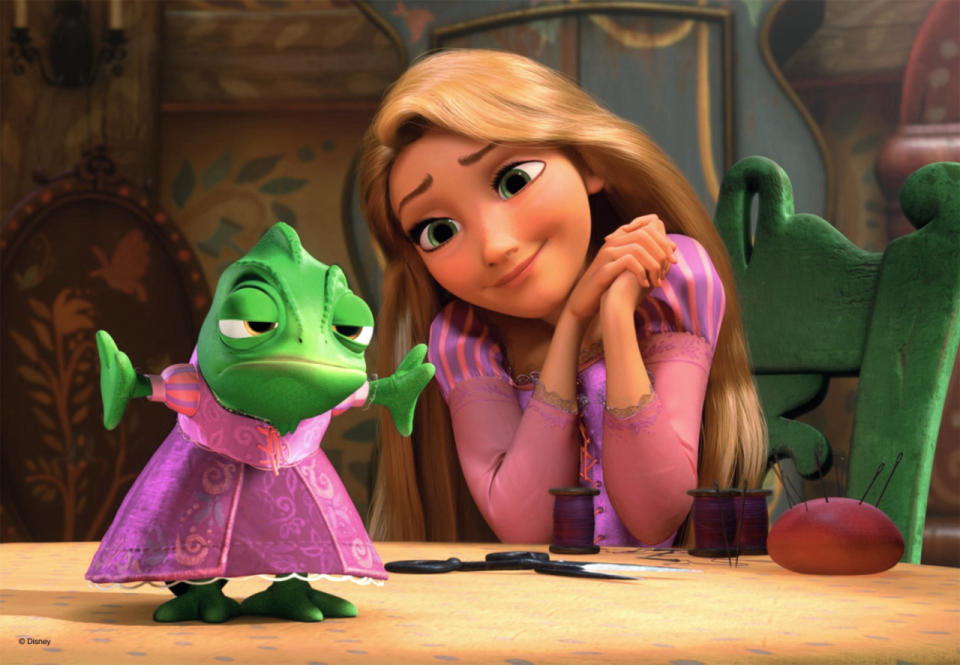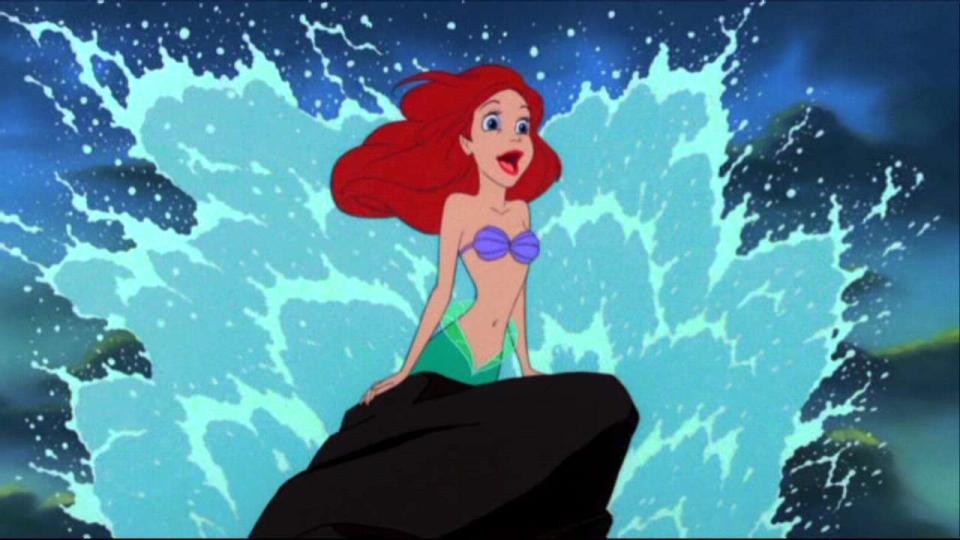Disney Princesses 'Promote Negative Body Image' For Girls, Claims Study

The image portrayed by the Disney Princesses can cause damaging attitudes towards body image, a new report has concluded.
Year-long research shows that the culture of the Disney mainstays, seen in films from ‘Tangled’ to 'The Little Mermaid’, can mean that children as young as three and four are exposed to harmful stereotypes.
- Justin Lin Linked To Akira
- Deadpool 2 Shooting Early 2017
- Sony Boss Loves Ghostbusters Hate
“Disney princesses represent some of the first examples of exposure to the thin ideal,” said sociai science researcher Sarah M. Coyne, who conducted the research for Brigham Young University in the US.
“As women, we get it our whole lives, and it really does start at the Disney princess level, at age three and four.
“I think parents think the Disney princess culture is safe. That’s the word I hear time and time again – it is 'safe’. But if we are fully jumping in here and really embracing it, parents should really consider the long term impact of the princess culture.”
198 pre-school children were enlisted into the research, which found that 96 percent of girls were exposed to some form of Disney Princess media, with that figure being around 87 for boys.
As a result, 61 percent of girls regularly played with Disney Princess toys, at least once a week.

But the research, which found parents filling in two questionnaires a year apart about how their children play, found that girls playing with Disney Princess toys the most were considerably more likely to buy into gender stereotypes.
“We know that girls who strongly adhere to female gender stereotypes feel like they can’t do some things,” Coyne said.
“They’re not as confident that they can do well in maths and science. They don’t like getting dirty, so they’re less likely to try and experiment with things.”
The results were published in the US journal Child Development.
“I would say have moderation in all things. Have your kids involved in all sorts of activities, and just have princesses be one of many, many things that they like to do and engage with,” she added.

“It is frustrating when the dentist sees my daughter and says, 'Look at the little princess!’ because she’s so much more than that.
“When we talk to little girls, we hear less of 'You’re so smart, you worked so hard, your body can do great things’ but that is the more important message we should be sending.
“What drives me crazy is when you get a princess who is not gender stereotyped, like Merida from Brave.
“And then Disney slims her down, sexualises her, takes away her bow and arrow, gives her make-up – feminises her.”
Image credits: Disney

 Yahoo Movies
Yahoo Movies 